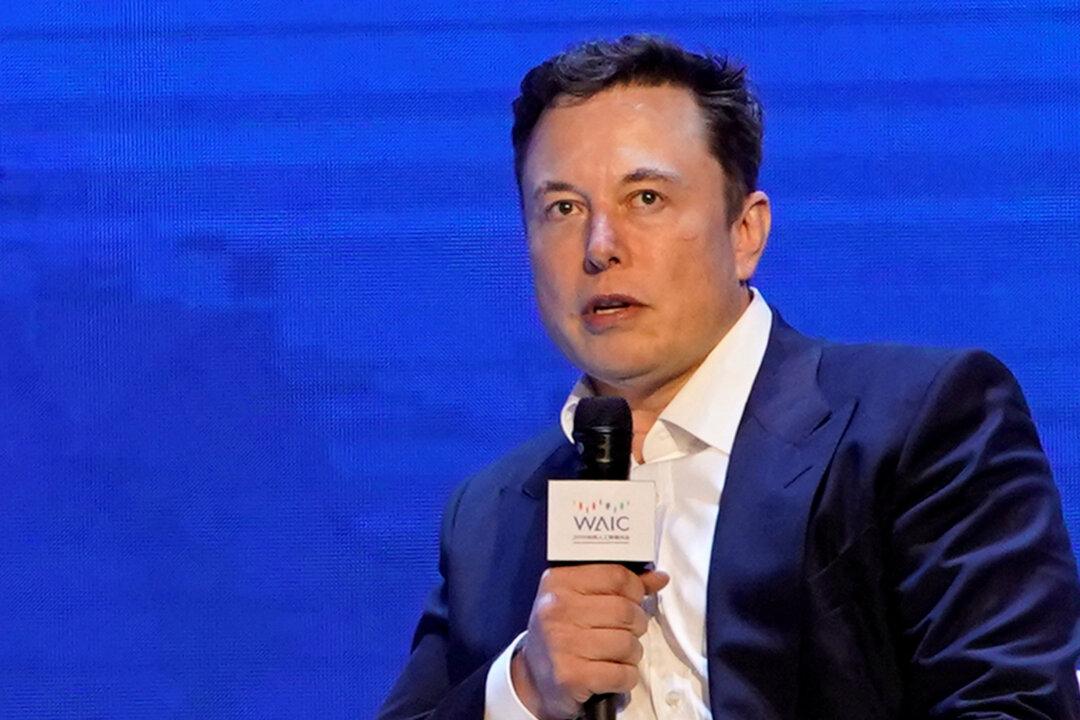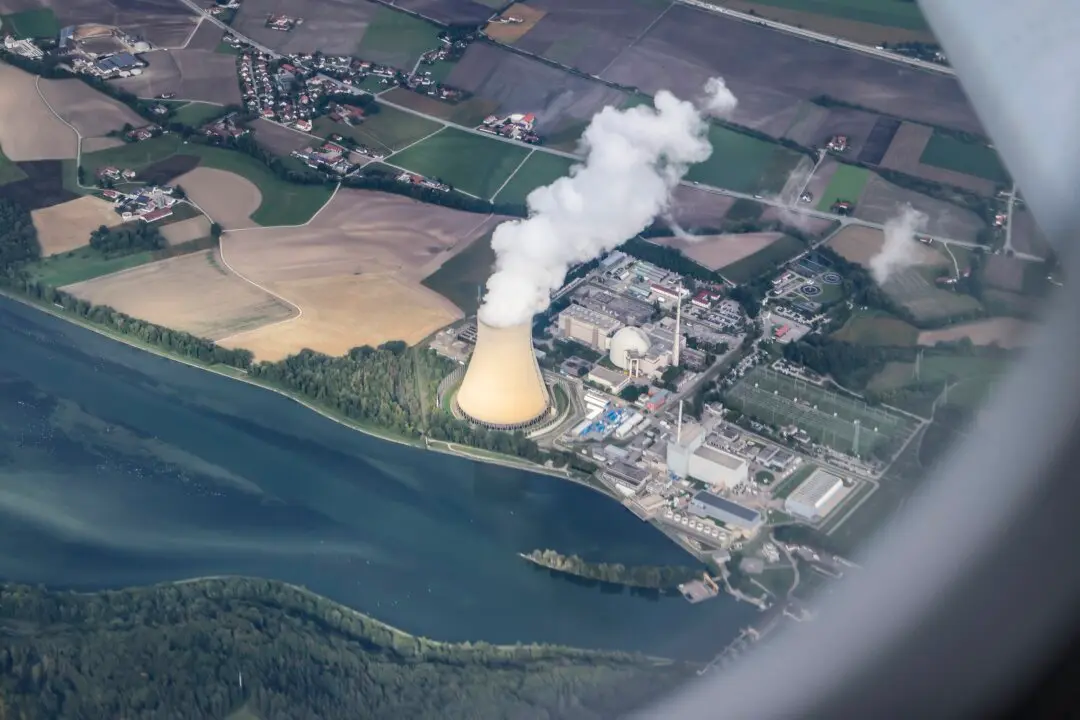
Tesla Inc. CEO Elon Musk attends the World Artificial Intelligence Conference (WAIC) in Shanghai on Aug. 29, 2019. Aly Song/Reuters
The BBC has raised objections to being referred to as “government-funded media,” facing a row with Elon Musk’s Twitter.
On Monday, the BBC pushed back against Twitter’s decision to label its main BBC account with a “government-funded media” designation.




